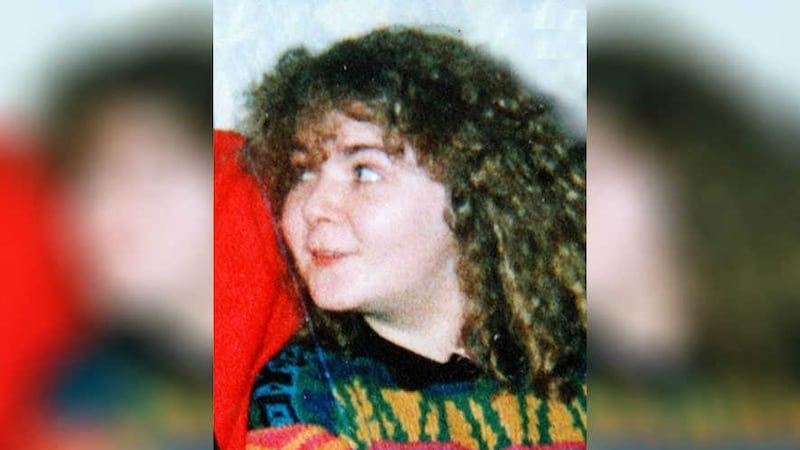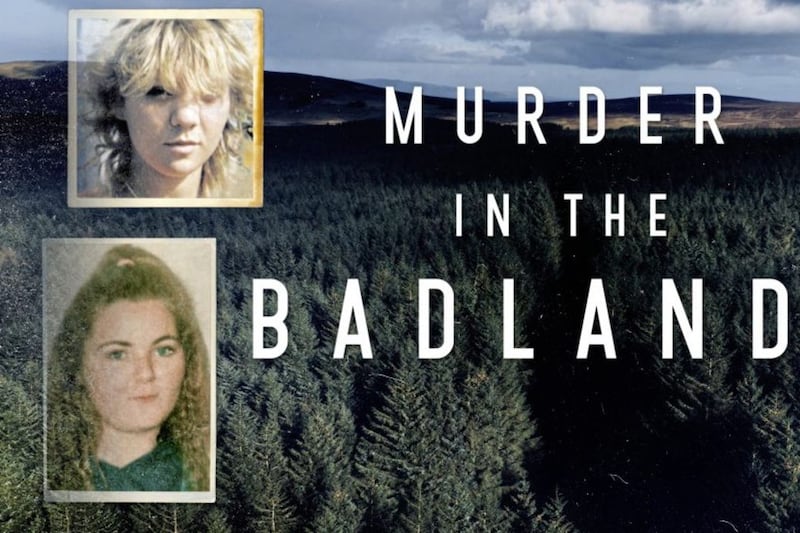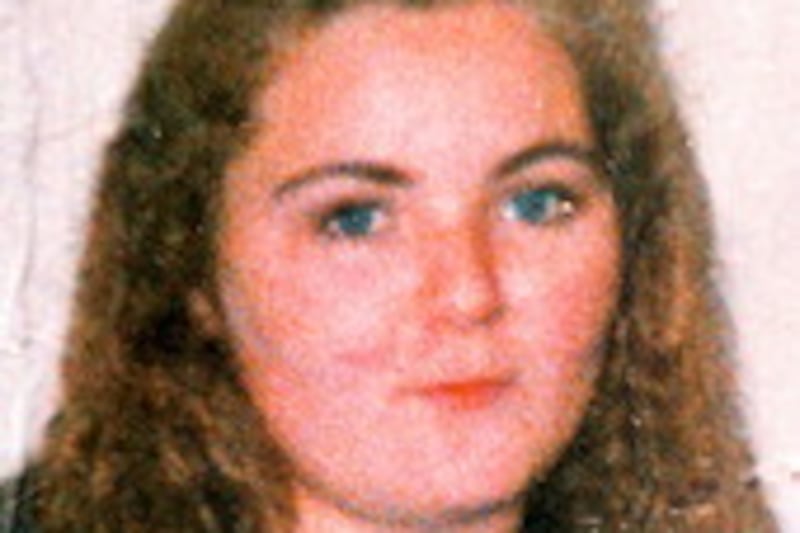THE police search of Arlene Arkinson's sister's home was prompted by hearsay involving an overheard conversation, a retired detective has said.
The identity of the source who passed on the information was not known to police but he seemed honest and sincere, former detective chief superintendent Brian McVicker added.
Police were aware of an allegation that teenager Arlene was having a relationship with her sister Kathleen's then partner.
The Co Tyrone schoolgirl disappeared in 1994 as she returned to her Castlederg home from a disco in Co Donegal.
Mr McVicker defended the police raid during which officers dug up Kathleen Arkinson's garden. Nothing was found.
He said: "This was a person who had overheard a conversation, they did not give us details of who they heard it from.
"It was a conversation that appeared to be quite close to the family but I don't know the names of anybody who the source talked to at that time."
He said the person was afraid of being identified but said he came forward to help the police in a way that did not happen very often in that area.
The informant made himself known to police through a conduit who vouched for him.
Mr McVicker said: "I was prepared to give the source a bit of leeway."
He added: "From the demeanour of the person, from my conversation with the conduit, I believed that the person was genuine and honest, sincere in wanting to help us finding Arlene's body."
It tied in with other information available to police.
RUC officers knew of an allegation that 15-year-old Arlene was having a relationship with her sister's partner.
Police swooped on the home of Kathleen Arkinson twice, once in April 1996 and once ahead of the 2003 trial of chief suspect Robert Howard for murdering London schoolgirl Hannah Williams.
The first time they dug up her garden. Kathleen Arkinson has previously told the inquest officers came in with sledgehammers and opened up the whole house.
Mr McVicker defended the decision to search in 1996.
"I still believe it was the right course of action."
He said the police action ascertained whether the information was correct, removed the "cloud of suspicion" from the Arkinson family and "put the spotlight" back on Howard as the main suspect.
Police also defended the decision not to arrest a child killer Robert Howard sooner following the disappearance of Arlene Arkinson.
Howard made no admissions to officers hunting for the teenager in 1994. He was not detained for more than a month after Arlene went missing but retired detective inspector Arnold McAllister denied the suspect, who was free on bail over other offences, should have been apprehended sooner.
"The question I would have to ask if arresting at that moment in time is what for because we still had a missing person that we were trying to locate."
Howard was interviewed by Mr McAllister.
Mr McAllister said: "He was evasive and he seemed a very cold individual."
Howard was on bail for serious sexual offences and had been convicted of a number of sexual crimes.
In June 2005, Howard, then 61, was found not guilty of murdering Arlene Arkinson. The jury did not know that by then he was already serving life for raping and killing London teenager Hannah Williams.
Mr McAllister repeatedly told the court he could not remember some details surrounding the police investigation. He rejected a suggestion from a barrister for the family that the inquiry may have been considered a nuisance by police.








